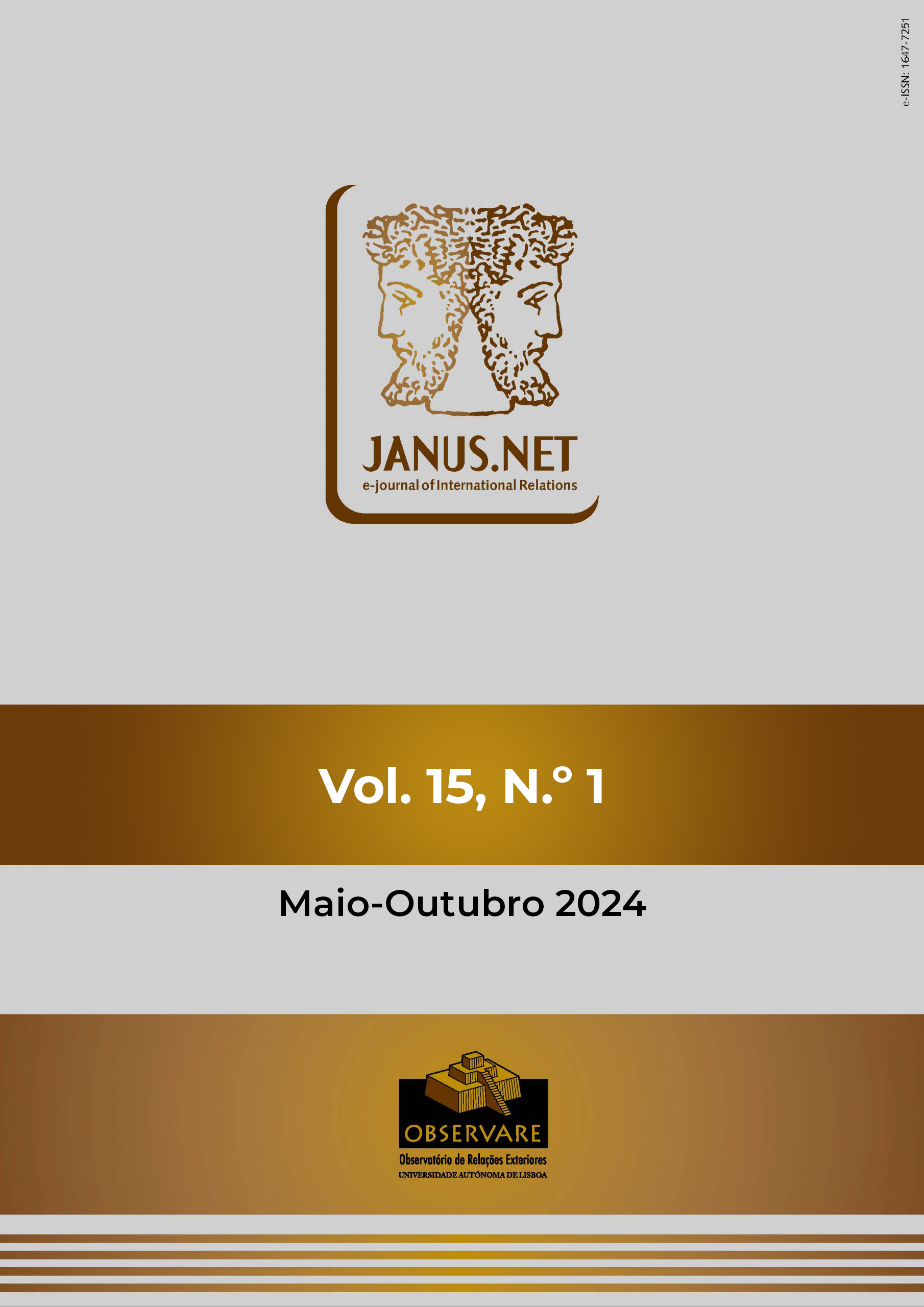ENVIRONMENTAL AND SOICIO ECONOMIC IMPLICATIONS OF ENERGY USAGE IN KWALI TOWN, FCT, ABUJA, NIGERIA
DOI:
https://doi.org/10.26619/1647-7251.15.1.03Abstract
Energy resources in Sub-Saharan Africa (SSA) is more than enough to satisfy its overall energy requirements if they are well developed and evenly distributed, but unfortunately SSA remains the central point of global energy poverty. Presently, around 588 and 783 million persons in SSA do not have access to clean energy sources like solar powered electricity, wind, and geothermal energy for lighting and cooking fuels respectively. The situation even becomes overwhelming in the context of climate change given the fact that the current energy system of most SSA countries is dominated by fossil fuels and traditional biomass.


